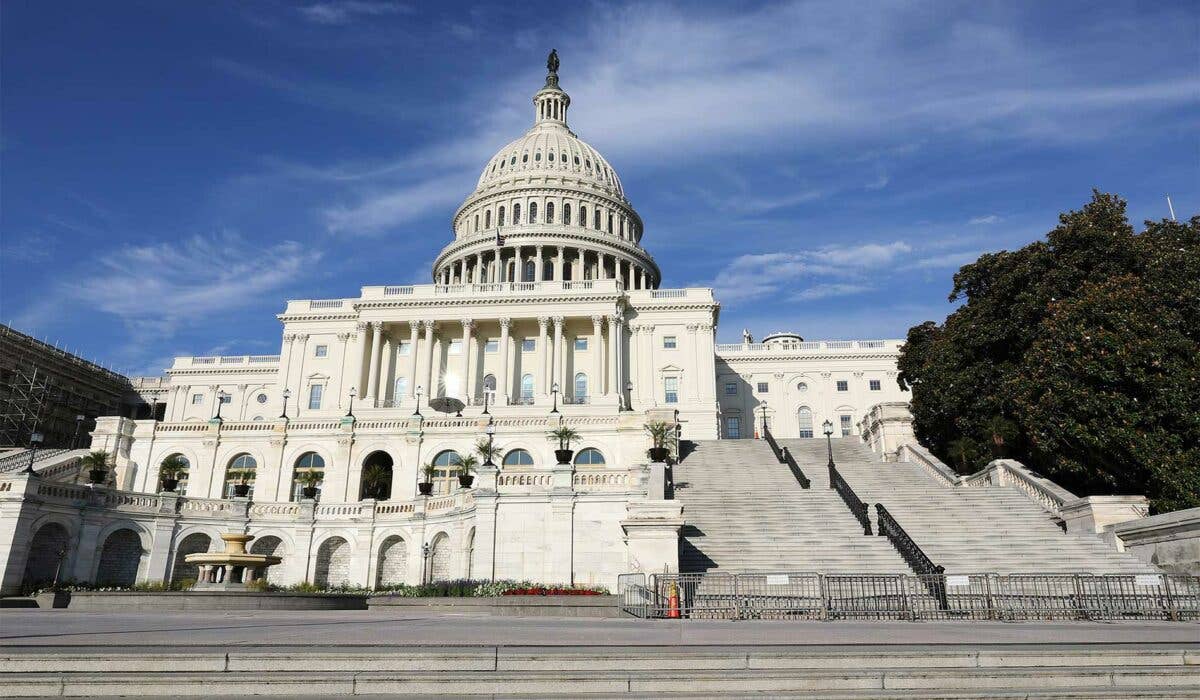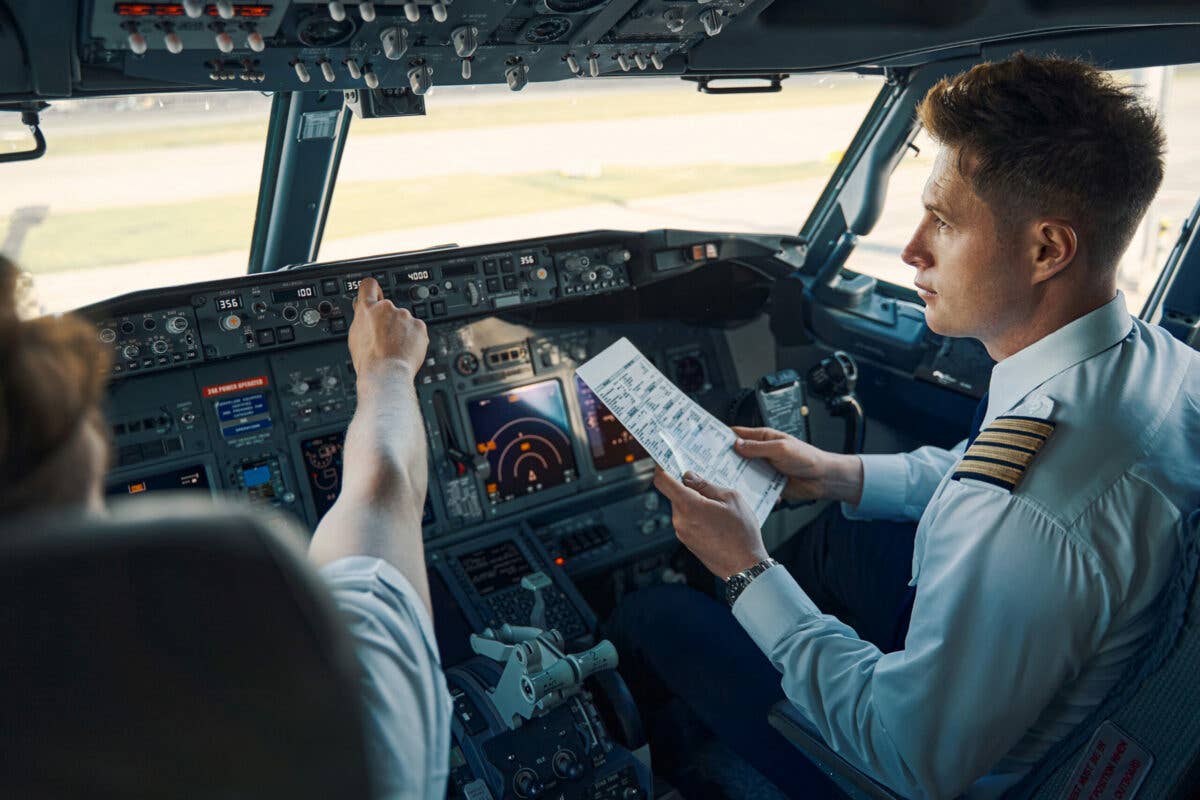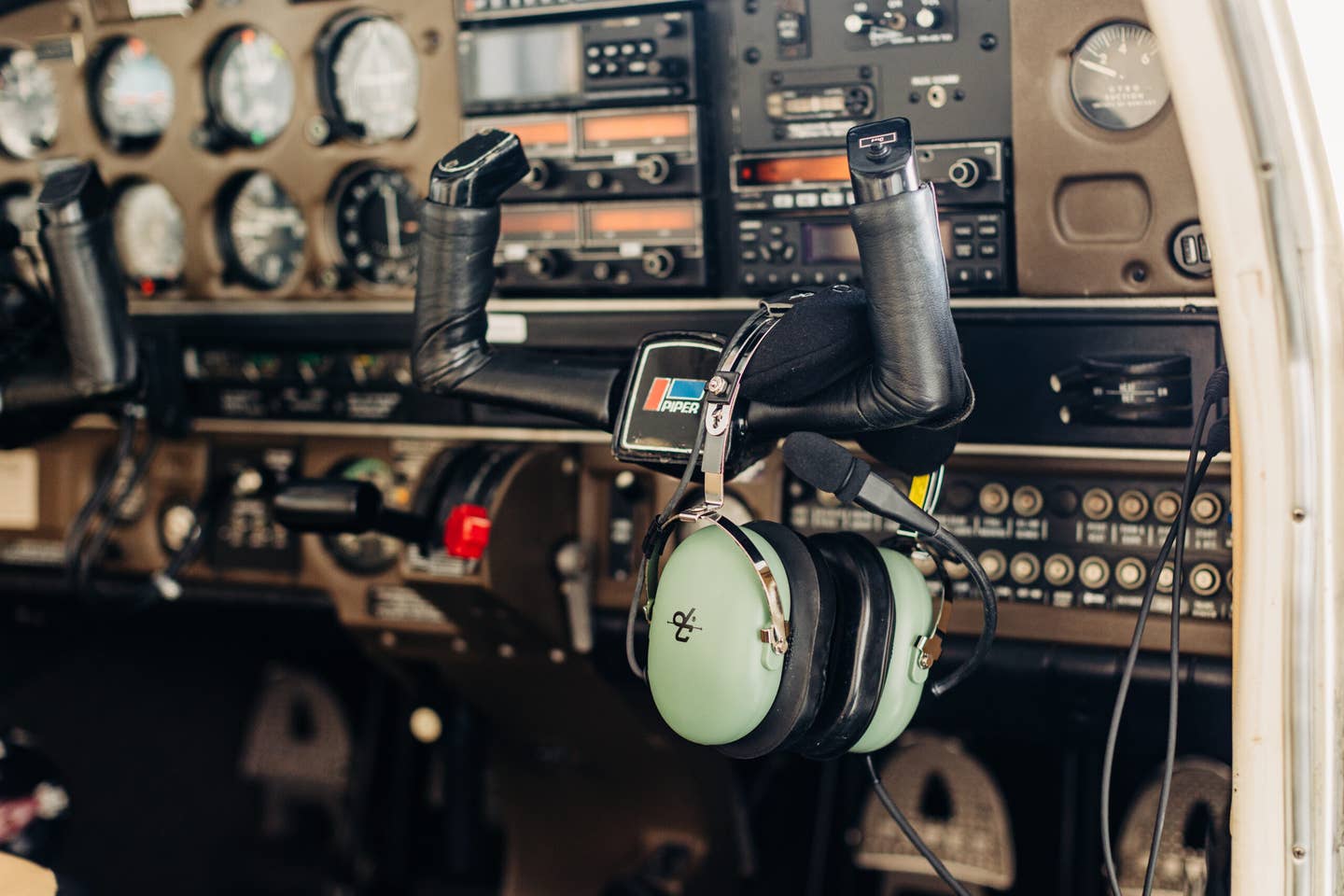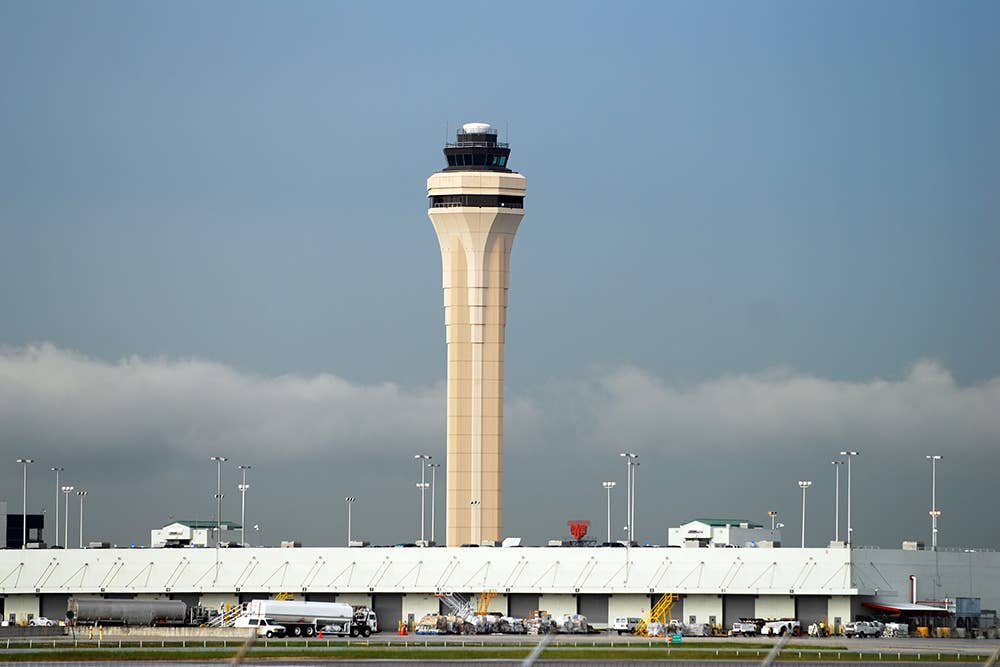Aviation Legislative Priorities Outlined at House Hearing
Lawmakers outlined their priorities, from increasing airport grants to exploring ways Congress could act to help alleviate the ongoing pilot shortage.

The House Transportation and Infrastructure Committee met Tuesday to discuss members’ top legislative priorities for the 118th Congress. [Credit: Pixabay]
The House Transportation and Infrastructure Committee met Tuesday to discuss members’ top legislative priorities, including increased airport grants, potential strategies to help alleviate the ongoing pilot shortage, and ensuring eligible communities retain access to the national airspace system.
Leaders highlighted key infrastructure needs, projects, and policies important to their districts. “The committee has a busy and aggressive agenda this Congress that includes enacting commonsense policies for a more innovative, resilient, and efficient transportation and infrastructure network,” noted committee chairman Sam Graves (R-Missouri) in his opening remarks.
During Tuesday’s hearing, several members addressed the importance of drafting a comprehensive FAA reauthorization bill that would fund FAA programs for the next five years. Workforce challenges, aviation safety, and Essential Air Service (EAS)— the Department of Transportation's program that guarantees air service to small communities— were brought up as critical priorities for members.
Modifying Requirements?
In recent months, some lawmakers have suggested modifying flight time requirements and reducing the 1,500 hours pilots need to hold an Airline Transport Pilot Certificate as ways to alleviate the pilot shortage. Many congressmen expressed their opposition to such changes, emphasizing that since training measures were put into place, there hasn’t been a single U.S. commercial airline crash.
Rep. Jack Bergman (R-Michigan), a pilot, defended the training requirements saying the U.S. sets the gold standard in aviation safety.
“This incredibly impressive safety record is not an aberration; it’s due to an unrelenting focus by Congress, the FAA, our pilots, and the airlines to ensure the safety of the flying public," Bergman said. "Each incident over the last 100 plus years of commercial flight has taught us lessons that we have incorporated into policy changes, aircraft construction innovations, and new training methods.”
Rep. Brian Higgins (D-New York) agreed. “Protecting the 1,500-hour pilot training rule isn’t a partisan issue; it’s about maintaining the safety of our air space," he said.
EAS Access
The committee’s Members Day also sparked conversation regarding the EAS program, which was implemented to provide eligible EAS communities with access to the National Airspace System by subsidizing commuter and certified air carriers. Lawmakers expressed their support in reexamining eligibility requirements for EAS with the upcoming reauthorization bill as the program significantly increases economic opportunities for underserved communities.
“This program is critical in rural America and has provided links to hub airports at over 175 locations throughout the United States and its territories that would otherwise lack commercial air service,” said Rep. Glenn Thompson (R-Pennsylvania).
Other members of Congress supported efforts calling for more funding for Airport Improvement Program (AIP) grants. GA airports are eligible to receive up to $150,000 in annual entitlements. However, the entitlements are often not enough to finance projects and are often unused and returned to the FAA discretionary account. Increasing AIP funding would allow for more investments into airport infrastructure.
During his testimony, Rep. Kevin Hern (R-Oklahoma) criticized the FAA’s lack of consistency when it came to its flight standard district offices (FSDOs) around the country. “If federal oversight is going to happen, there needs to be a one-size-fits-all approach, and each rule and regulation needs to be the same across the board," he said.
Hern said his constituents and “the aviation community are frustrated that the FAA claims they oversee safety and regulatory standards across the entire U.S., when in reality there is a complete disconnect between the FAA office in Washington and individual FSDO’s.”
Hern also took issue with the FAA’s inability to address a main driver of the pilot shortage—the availability of designated pilot examiners (DPEs). “There are plenty of individuals who love flying and are ready to embark on a career as a commercial pilot but are having to wait around for their certifications,” he noted.
Other members spoke on the lack of diversity in the aviation industry and presented solutions to encourage more minorities and people of color to join—including support for the Aviation Workforce Development Grants program.
Congress is expected to draft an FAA Reauthorization bill ahead of Sept. 30, 2023.

Sign-up for newsletters & special offers!
Get the latest FLYING stories & special offers delivered directly to your inbox






